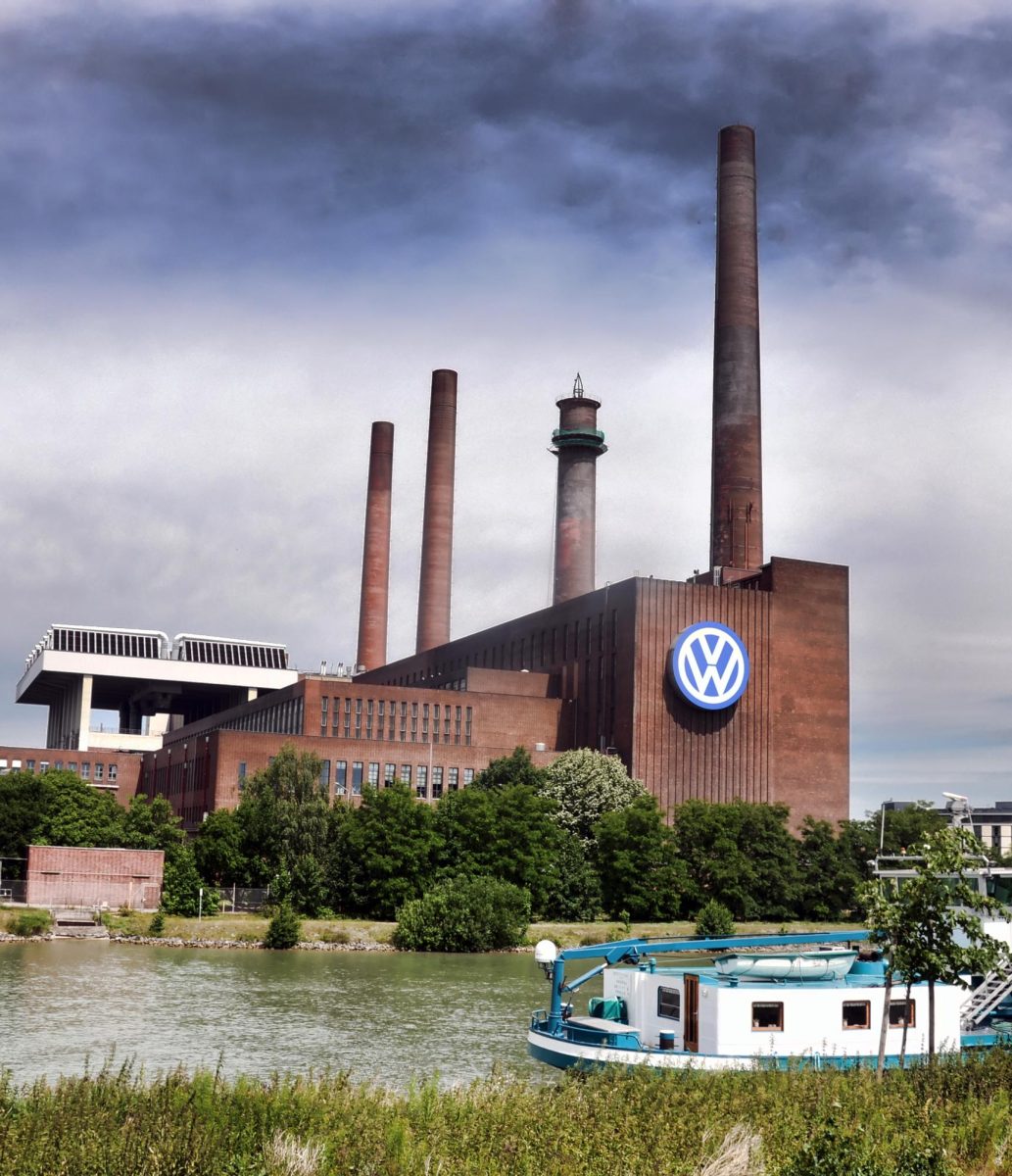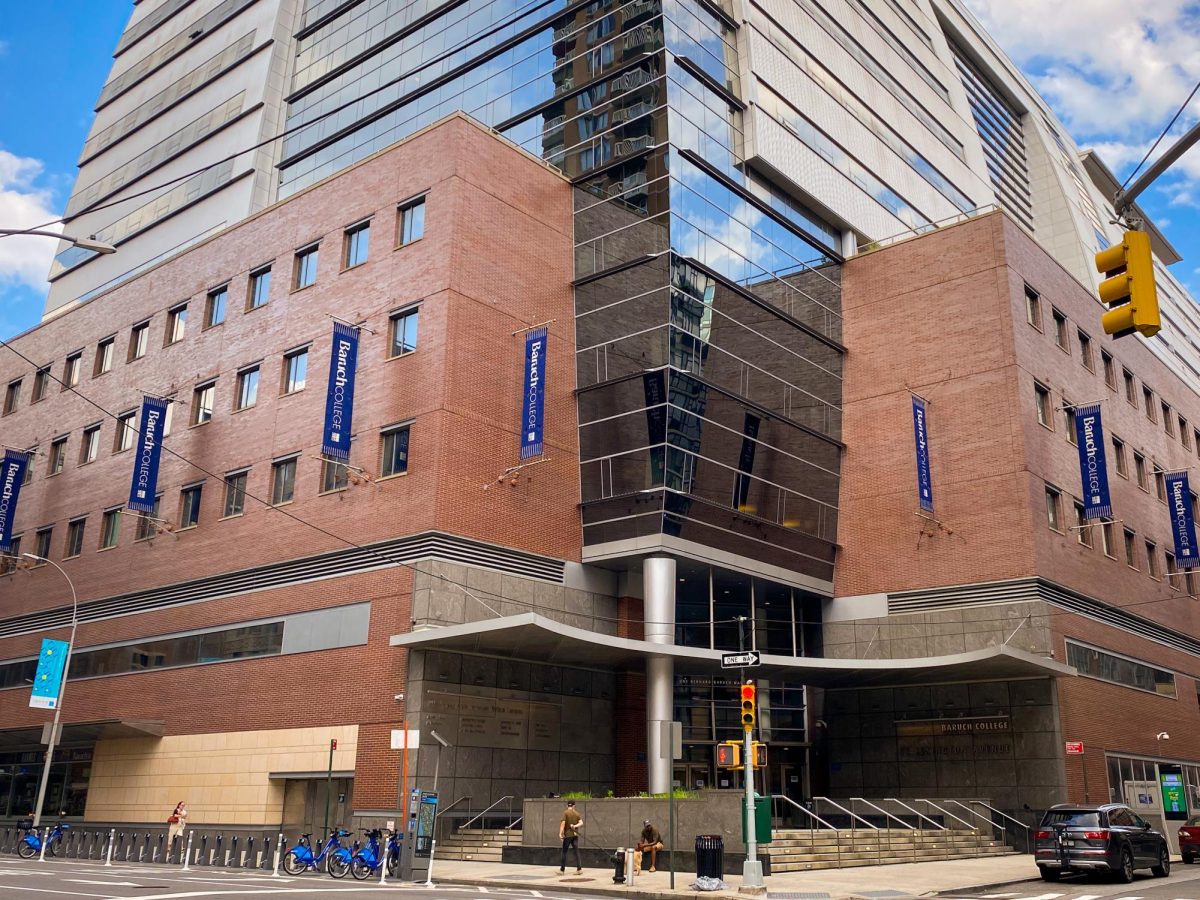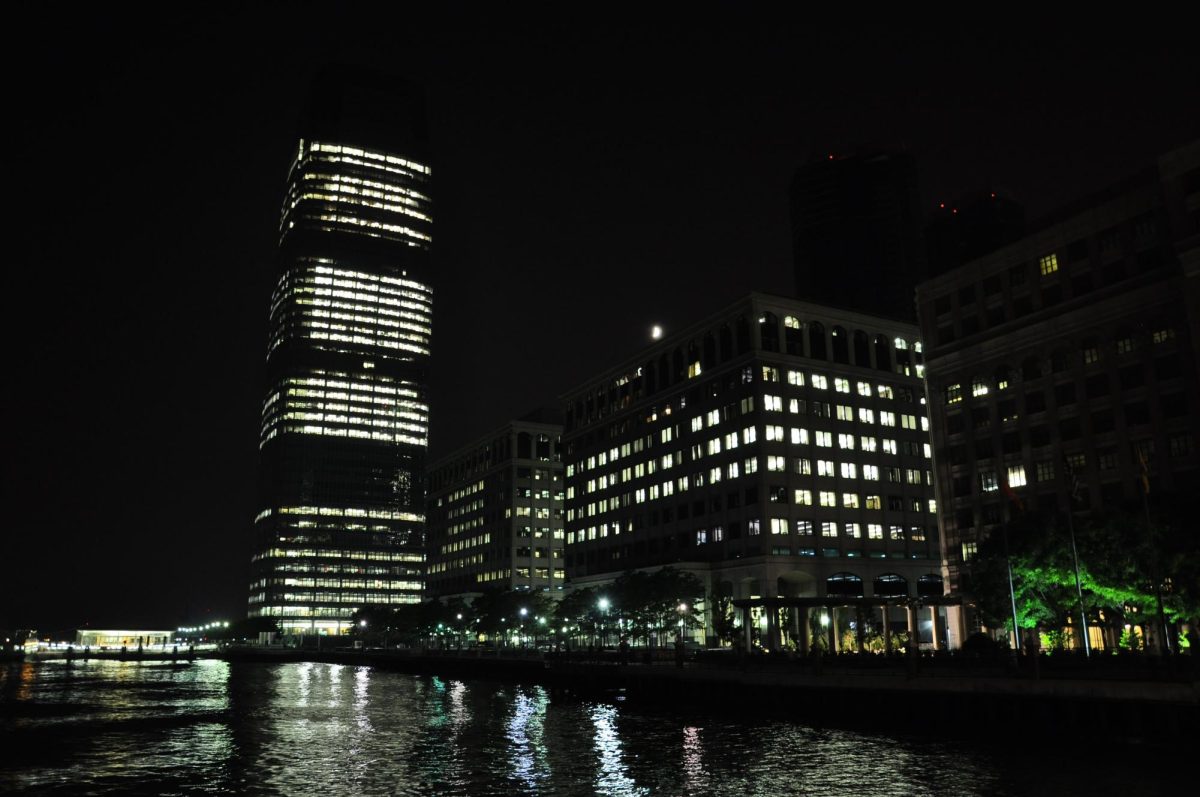Following months of negotiations, Volkswagen AG workers launched an extended strike on Dec. 2 across Germany. They were protesting the country’s largest automaker’s plans to cut wages, lay off workers and close factories.
Over the past few years, Volkswagen has faced multiple challenges, including declining demand in its European markets and elevated competition in China. To maintain cost-effectiveness while battling underperforming sales, protecting its market share and addressing declining profits, Volkswagen plans to cut wages by 10% and close three factories.
Volkswagen has been experiencing declining operating profits and drops in total vehicle deliveries and electric vehicle deliveries. According to its third-quarter report, total deliveries fell from 6.7 million to 6.5 million, while EV deliveries declined by 4.7% to only 7.8% of total group deliveries.
According to its biannual financial report, Volkswagen plans to invest in EV platforms and technologies to combat declining demand in its Chinese market. Volkswagen is also continuing its “in China, for China” strategy by unveiling models tailored specifically for the Chinese market. The switch to EVs remains a major challenge for German automakers, who must compete with cheaper Chinese imports. The high labor cost in Germany also presents a significant challenge for the industry.
“A seven percent to 10% salary increase; I think that lacks realism,” Beatrix Keim from the Center for Automotive Research said during an interview with Voice of America. “They need to leave some room for the industry to breathe as well.”
The IG Metall union, which represents the workers, reported that approximately 100,000 employees across nine factories walked off production lines and participated in the strike. The workers participated in a series of walkouts, protesting wage reductions and potenial job losses as the company proposed to close three factories. The turnout was double that of the company’s last strikes in 2018, which involved 50,000 workers at six factories and were held over wage disputes.
The strikes began with rolling two hour stoppages, including at its main factory in Wolfsburg. Volkswagen alone can decide how long — and how intense — the dispute will last, Thorsten Groger, a negotiator from IG Metall, said in a statement. Groger added that the strikes would be “the toughest wage dispute Volkswagen has ever seen.”
“Volkswagen has set our collective bargaining agreements on fire and, instead of extinguishing this fire during three rounds of negotiations, the management board keeps throwing open barrels of gasoline onto it,” Groger said.
The current strikes mark the most extensive industrial action at Volkswagen since 2018. Workers demand the preservation of wages in opposition to the proposed 10% wage cuts, along with guarantees to safeguard their jobs and keep factories open.
As of writing, the latest round of negotiations on Dec. 9 was fruitless, according to Reuters.








